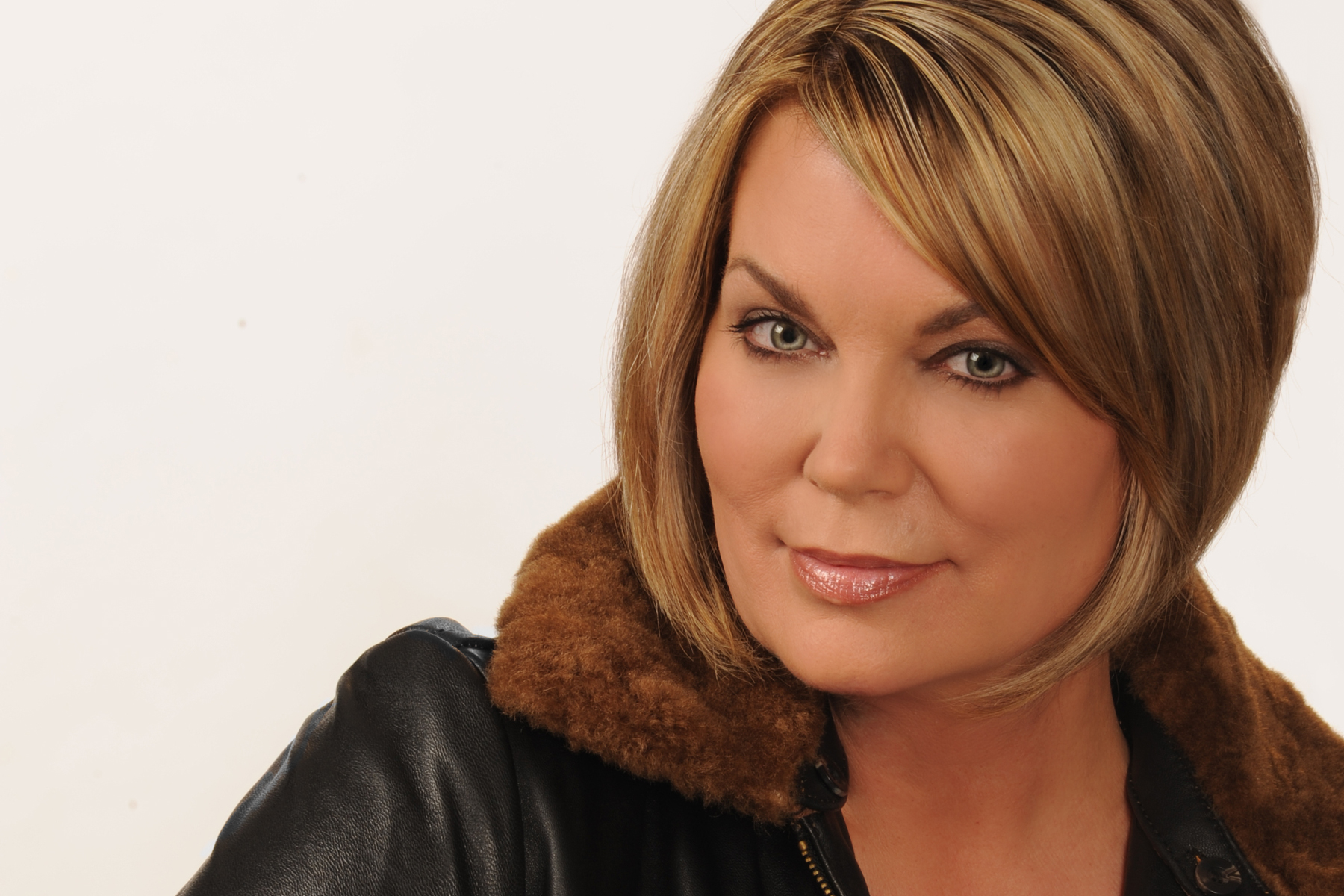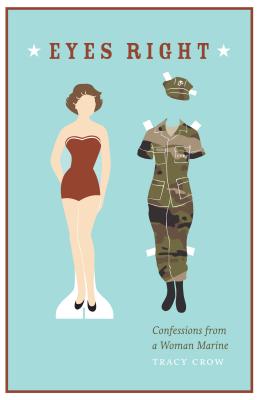
Mary Akers: Congratulations on the publication of your memoir Eyes Right: Confessions from a Woman Marine! And thanks so much for sharing an excerpt with us. Can you tell our readers a little bit about what the publication process was like for you? I know the journey was a long and winding one, so whatever you feel you want to share is fine.
Tracy Crow: Long and winding is right. I started the book ten years ago, worked on various drafts for a few years, and put it away when my agent decided the timing wasn’t good. He thought the flood of memoirs from Iraq and Afghanistan would overshadow a book about the 1980s. He told me to write a novel. But when he abruptly left the business a couple of years later, I contacted the University of Nebraska Press, and reminded them they’d had interest before I signed with my agent. They moved quickly on it. Of course, the publication process of revisions, copy editing, and book design takes a long time. In my case, another two years.
MA: What sort of things did you learn during your time as a US Marine that you find have helped you as a writer?
TC: Self-motivation. Tenacity. How to take (figurative) punch after punch in the gut – I’m referring to rejection – and become stronger for it.
MA: Do you have any advice for writers who may be beginning to feel beat down by the process of trying to get published?
TC: One of the joys of seeing a book reach publication is the journey of getting it there. I don’t say this because, okay, it’s happened for me now, so I can be glib. Sure, for some, the journey is shorter than for others. Who can say why? I can say it’s not always because one book is better written than another. For whatever strange and mysterious reason, the journey varies. Along the way, if we’re paying attention, we’re learning a precious lot about ourselves – like what we’re willing to sacrifice, or not, for success. When success didn’t come as quickly as I wanted, I got a little angry. When I got a little angry, I sent out more query letters, revised again and again, sent out more query letters. If I have any advice, it’s to get a little angry. Nobody but you is really going to care whether you ever publish a book, so you have to care a great deal.
MA: I’ve been thinking a lot about success lately, and what that word means. I’ve decided that every writer has their own notion of what success looks like for them. What do you see in your heart-of-hearts visualization of success?
TC: A bit cliché, maybe, but success for me is about feeling comfortable in my own skin. I’m 53, and not there yet.
MA: As a writer of memoir, I’m sure you have wrestled with the notion of capital-T Truth. What side of that divide do you come down on? That truth is slippery and changeable and our own, subjective truths are where Truth lies? Or that verifiable, factual Truth is an attainable and desirable goal?
TC: When you publish memoir, you enter into a contract with your readers that the material is grounded in truth, and for me that truth is verifiable fact. Except for memory. Memory is the slippery slope. I didn’t show EYES RIGHT to my mother, brother, or daughter until it was off to the press because I didn’t want to be distracted by protests of their memories. (Fortunately, there were none.) However, I’m firm about not allowing myself or my memoir students to fabricate people or events to suit a version of the truth, or for art. I do encourage memoirists to explore their own memories, because what we remember and don’t remember are equally telling.
MA:Your memoir examines various themes associated with military life in the 1980s. What about EYES RIGHT sets it apart from more recent memoirs that address experiences in war?
TC: Every generation of women for the past 120 years has broken ground in some significant way. Certainly today’s generation is breaking ground. But ours was no different. Here’s why: we were the first women allowed to remain in the military after we became pregnant. Just think, every woman who came before us had been forced to choose between motherhood or military career. Thanks to a change in regulations just before I joined in 1977, my generation could have both, and this reinforced the 1980s’ mantra, you-can-have-it-all. But we were an anomaly. Our commanders, including women who had chosen career over motherhood, were often hostile, or at the least baffled about how to treat a pregnant woman in uniform. Their hostility compelled us to push our physical and emotional limits, and for many of us, certainly for me, the need to prove we still belonged created disastrous life-changing consequences. While Eyes Right is my story, I soon realized that nothing had been written about my generation, and the story needed to be told. Thanks to my generation, today’s military mom, for better or for worse, serves in places like Iraq and Afghanistan.
MA: And finally, what does “recovery” mean to you?
TC: Being forever open to self-reflection. Being truthful about motive, which fascinates, even frightens me at times.
And for our readers, here’s a write-up about the book and a link to purchase.

“Just out of high school in 1977, her personal life already a mess, Tracy Crow thought the Marines might straighten her out. And sure enough, in the Corps she became a respected public affairs officer and military journalist—one day covering tank maneuvers or beach assaults, the next interviewing the secretary of the navy. But success didn’t come without a price.
When Crow pledged herself to God, Corps, and Country, women Marines were still a rarity, and gender inequality and harassment were rampant. Determined to prove she belonged, Crow always put her career first—even when, after two miscarriages and a stillborn child, her marriage to another Marine officer began to deteriorate. And when her affair with a prominent general was exposed—and both were threatened with court-martial—Crow was forced to re-evaluate her loyalty to the Marines, her career, and her family.
Eyes Right is Crow’s story. A clear-eyed self-portrait of a troubled teen bootstrapping her way out of a world of alcoholism and domestic violence, it is also a rare inside look at the Marines from a woman’s perspective. Her memoir, which includes two Pushcart Prize–nominated essays, evokes the challenges of being a woman and a Marine with immediacy and clarity, and in the process reveals how much Crow’s generation did for today’s military women, and at what cost.”
Tracy Crow is an assistant professor of creative writing at Eckerd College in St. Petersburg, Florida, and the nonfiction editor of Prime Number magazine. Her essays and short stories have appeared in a number of literary journals and been nominated for three Pushcart Prizes. Under the pen name Carver Greene, Crow published the conspiracy thriller An Unlawful Order, the first in a new series to feature a military heroine.

Pingback: “Eyes Right, Confessions from a Woman Marine” by Tracy Crow | Rkvry Quarterly Literary Journal
Pingback: Tracy Crow, #MeToo activist and author will keynote OSU Women Veterans Symposium | The City Sentinel